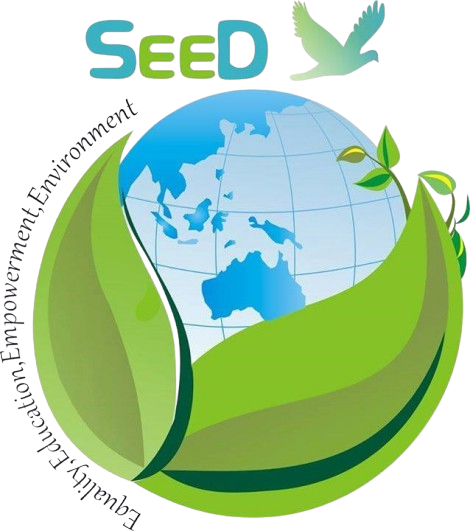SEED’s Mangrove Restoration programme is a community-led initiative designed to restore biodiversity, protect climate-vulnerable regions and generate sustainable livelihoods. Focused on the Sundarbans, it is aligned with the Global Mangrove Alliance’s best practices and integrates a bio-rights strategy to harmonize environmental conservation with socio-economic development.







